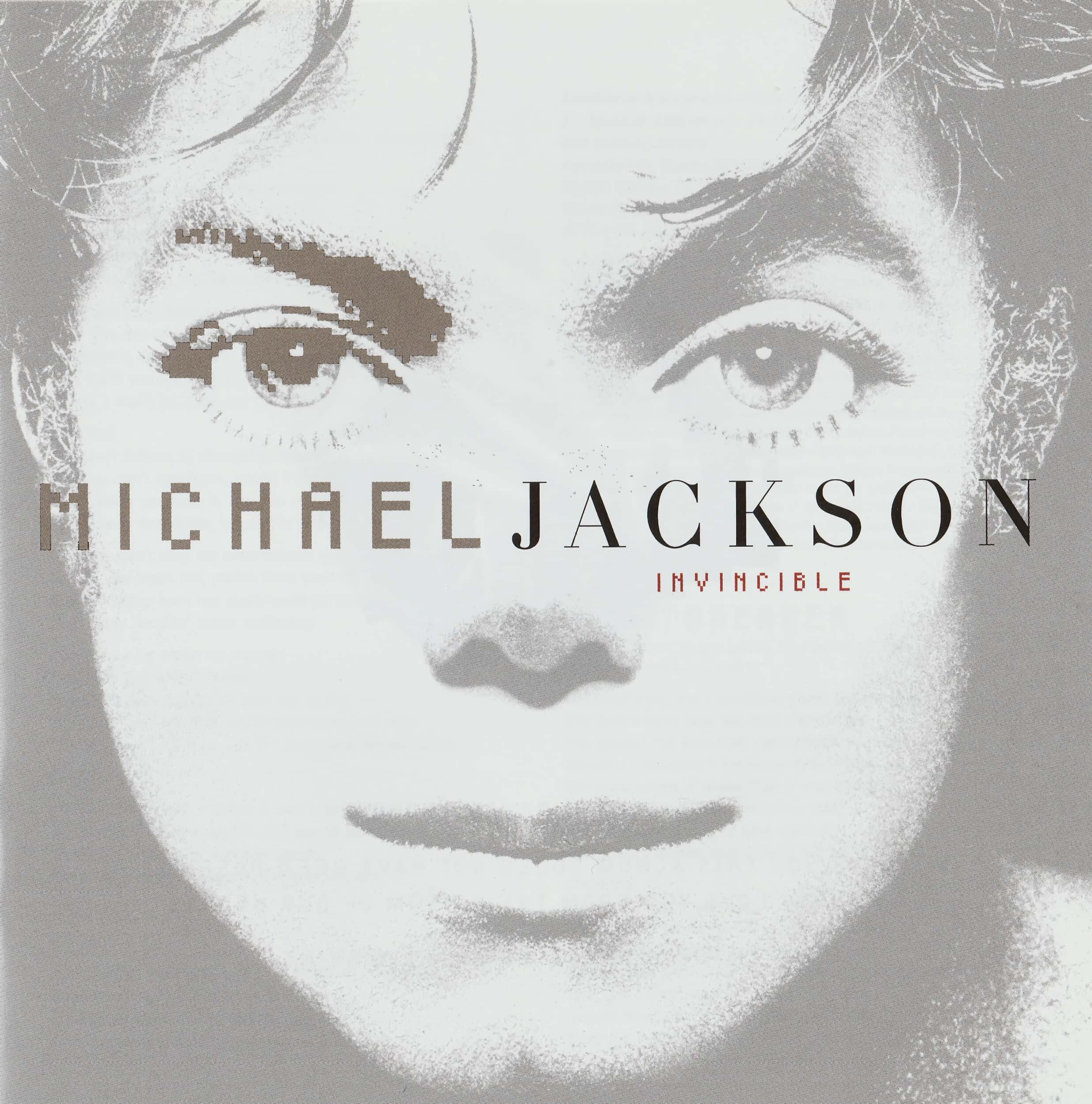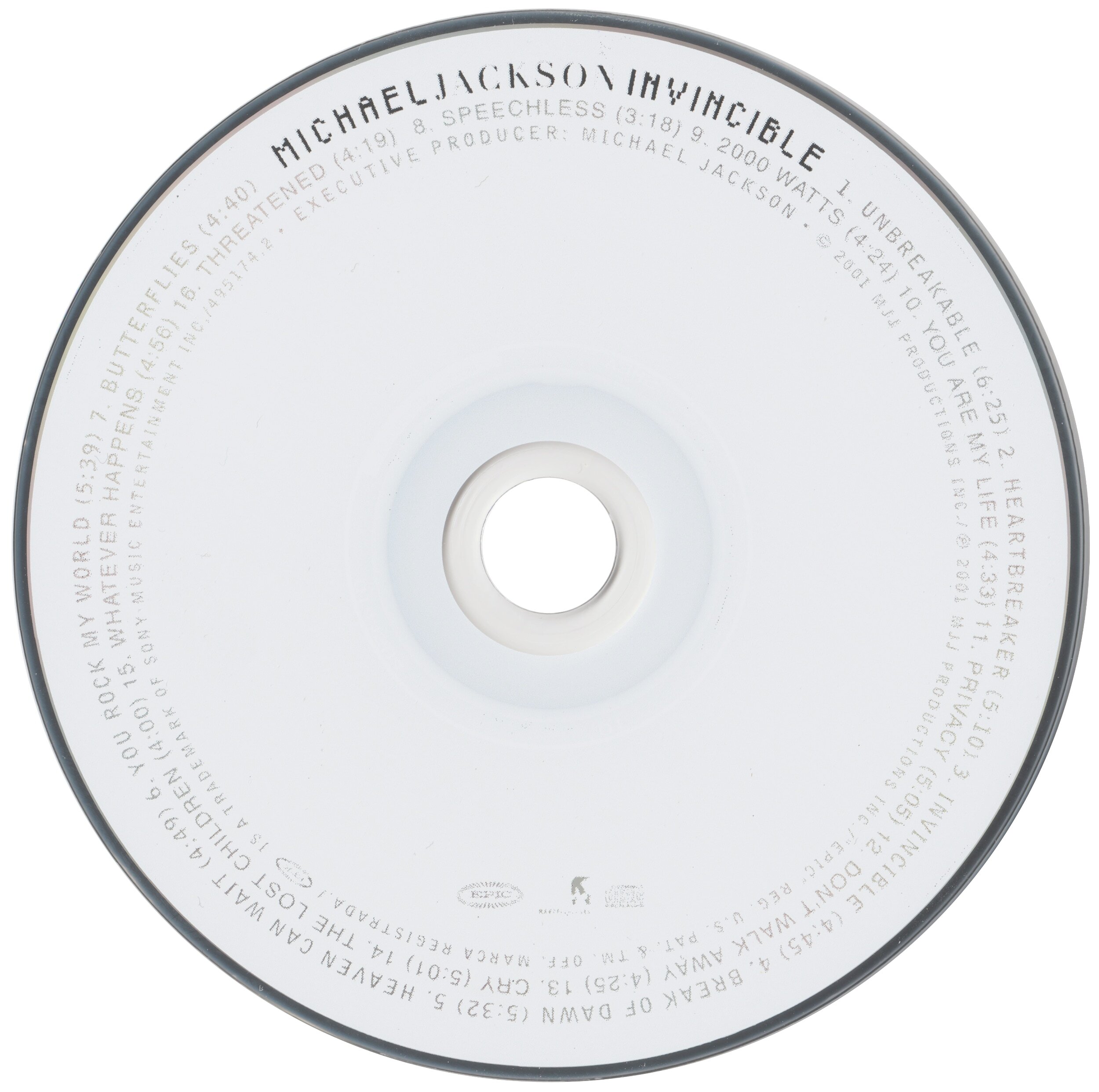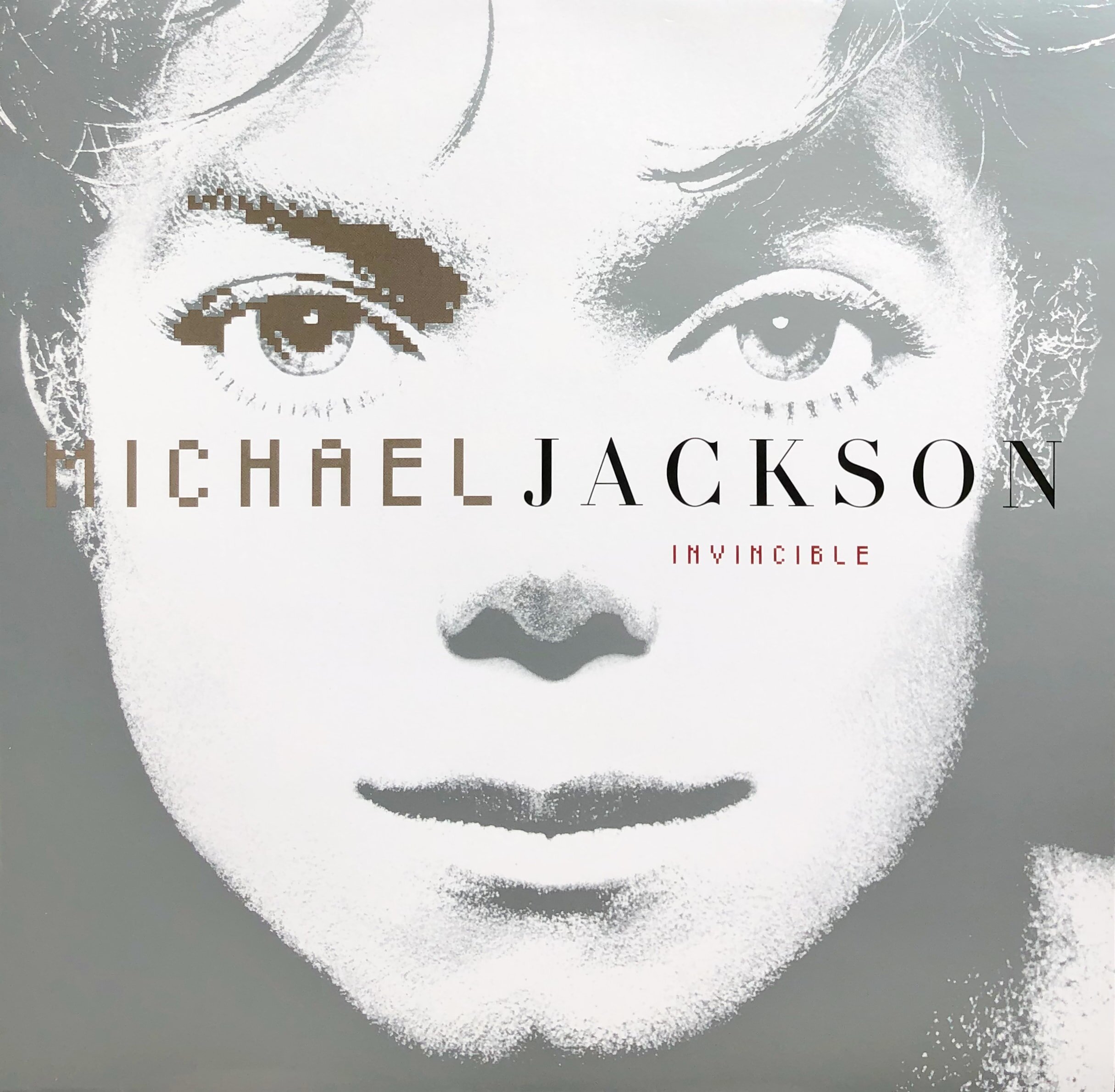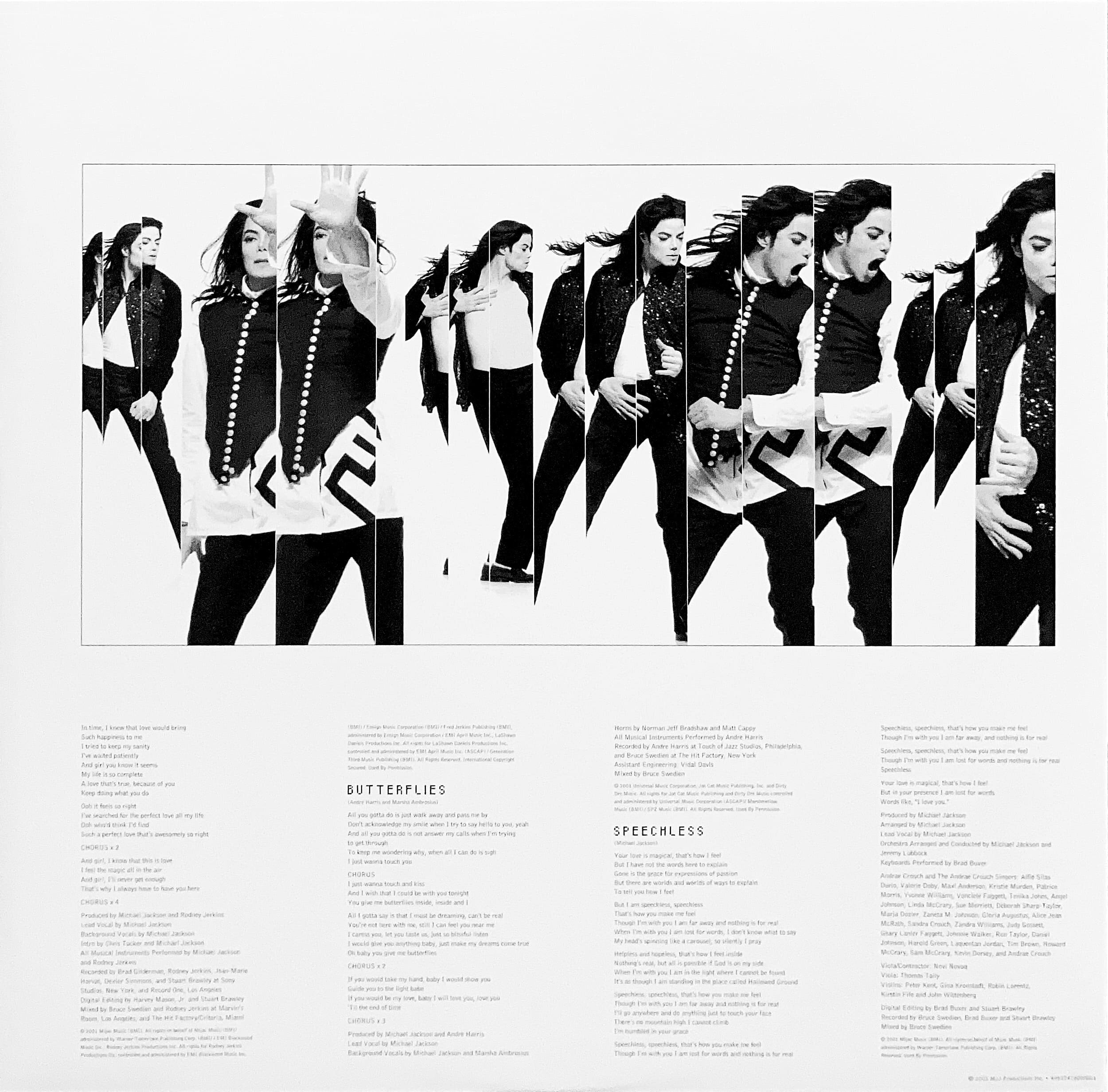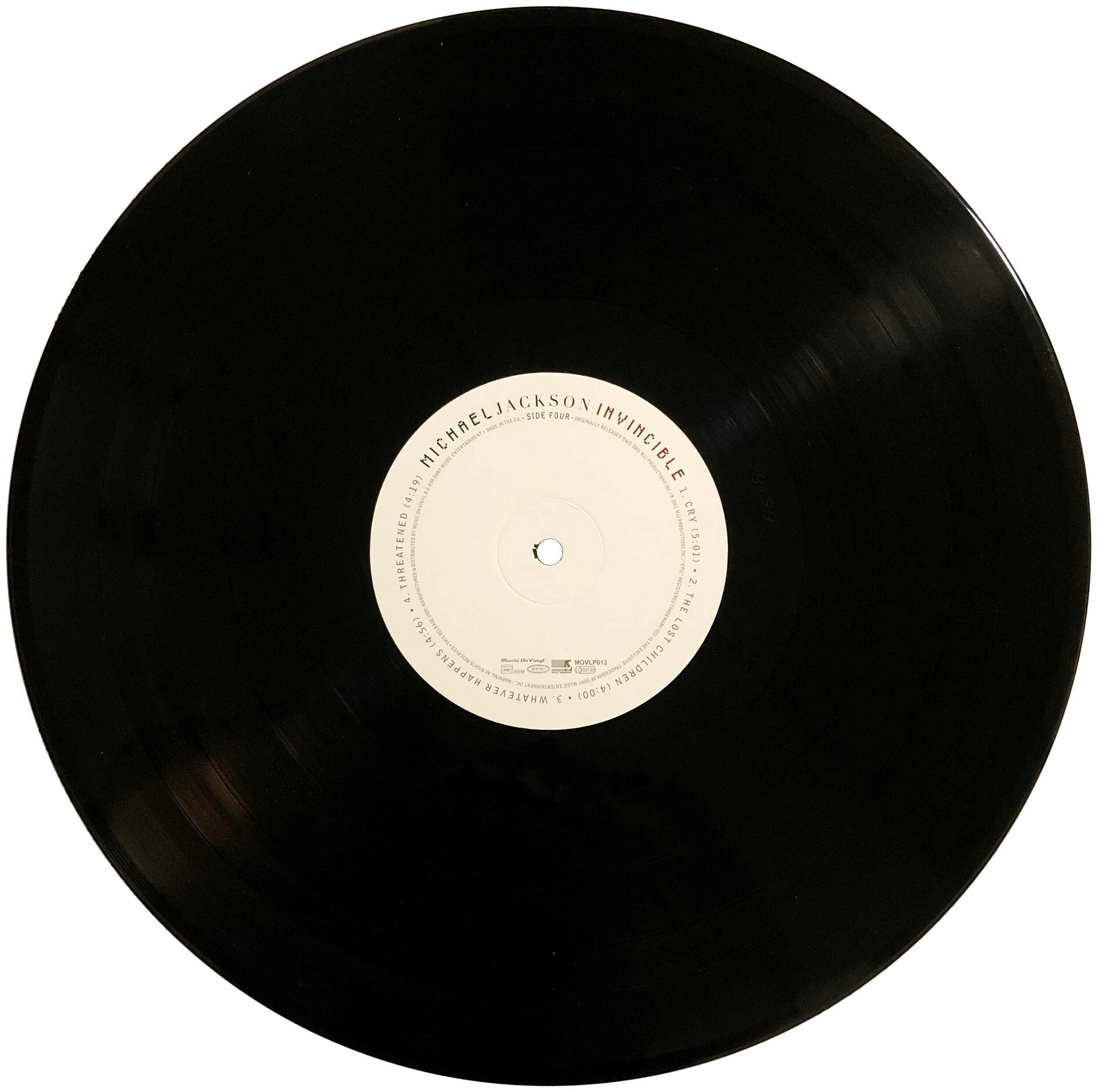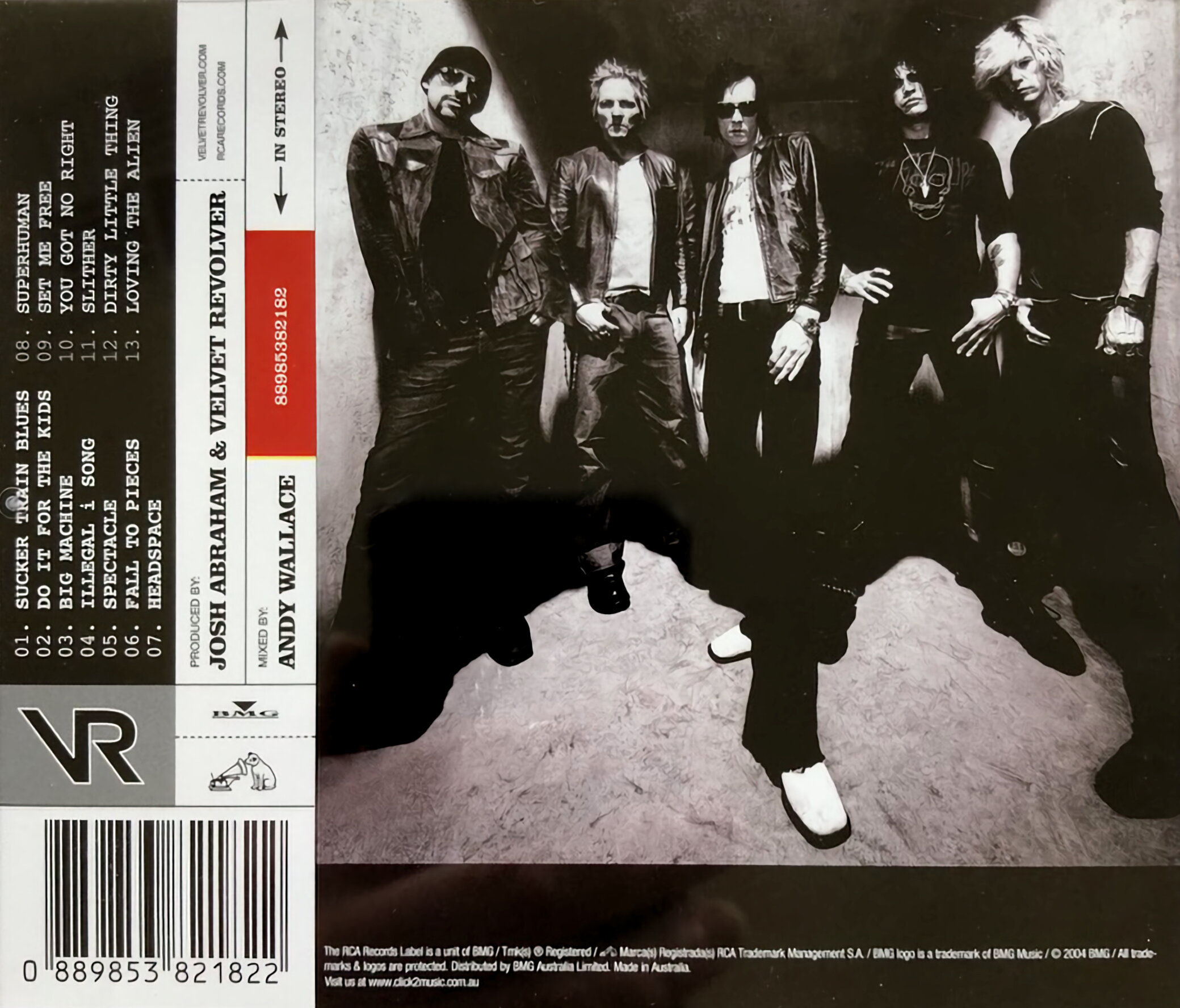Janine Jansen's 2005 release, Vivaldi: The Four Seasons, is a testament to her virtuosity and artistry. Yes, Antonio Vivaldi's music is stunning, but Jansen's interpretation is exquisite, showcasing Jansen's remarkable talent and depth of musical expression. While a complete orchestra may not have been employed to record this masterpiece, the ensemble beautifully enhances the piece and Jansen's incomparable performance. If nothing else, Jansen makes that near 300-year-old violin, a 1727 Stradivari Barrere, sing.
Of course, such musical wonder is only possible, outside of live performances, when the recording, mix, and mastering of a recording are done with the utmost respect for the music. In this instance, it is a Decca classic; pun intended! While I’ve been fortunate to have owned the Blu-ray High Fidelity Pure Audio (HFPA) release and the standard CD edition, I can say without question that regardless of the version you choose to obtain, you’ll have an out-of-this-world experience; it is that good!
Additionally, the Hi-Res Lossless Apple Music stream, an Apple Digital Master, is the pinnacle of perfection as it pertains to digital streamed delivery methods. Flawless would be an understatement, but that perspective could be applied to the entire recording and every available edition. Similar to the original 2004 SACD release which offered a 5.1 surround mix, a Dolby Atmos version has been released on Apple Music and while it’s lovely, the stereo mix of this release is second-to-none and, arguably, doesn’t require a surround sound experience to sound its best. My advice, therefore, would be that if you enjoy surround mixes, and have the equipment to get the most out of them, then give it a shot; otherwise, you’d be best advised to stick to the stereo mix for it is an experience that has to be heard to be believed.
From the very first notes of "Spring," the opening concerto of the collection, it's evident that this recording is something special. Jansen's violin playing is exquisite, with a tone that's both rich and lyrical, making every note shimmer with life. Her technique is impeccable, and her interpretation is both evocative and true to the spirit of Vivaldi.
What truly sets Jansen's performance apart, however, is her ability to breathe new life into this beloved piece. In "Summer," for example, her fiery rendition captures the season perfectly with a sense of urgency and intensity that is truly captivating.
"Autumn" and "Winter" follow, each maintaining the high standard set by the previous concertos with the contrasting vigour of the final movement further displaying her remarkable versatility and skill.
Of course, the accompanying ensemble, consisting of seven incredibly talented musicians, deserves high praise as well. Their synergy with Jansen is evident, creating a seamless and harmonious performance throughout the recording. Together, they've managed to capture the essence of Vivaldi's compositions with a minimalist approach; it’s truly remarkable.
As the album comes to a close, you’ll be left speechless when reflecting on this release for Jansen's interpretation breathes new life into these well-known Vivaldi compositions, making them feel fresh and relevant once more. It is, subsequently, a must-listen for anyone, whether a classical music enthusiast or newcomer and is a true testament to the enduring power of timeless music. Janine Jansen's interpretation is nothing short of exceptional, and this album will undoubtedly continue to be cherished by classical music lovers for years to come.




